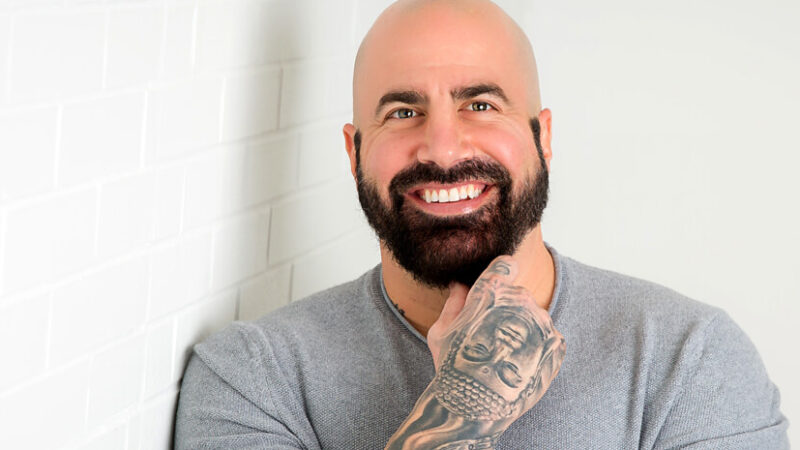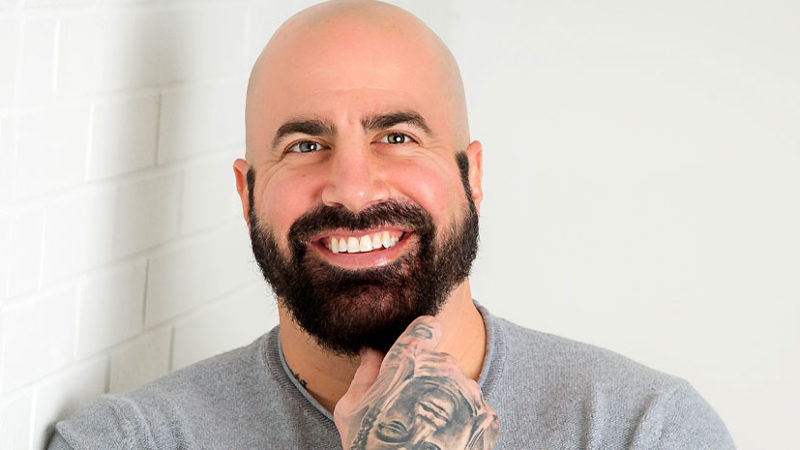Christian Conte: Healing Conflict: Listen, Validate, T...
How do we fully meet and support someone experiencing emotional distress—anger, in particular? In this episode of Insights at the Edge, Tami Simon talks with Dr. Christian Conte about his Yield Theory of emotional management, focusing on the process of “listen, validate, and explore options.” Dr. Conte explains the events that led to his interest in anger management, as well as the origins of Yield Theory. He emphasizes the importance of meeting others where they are, giving them the opportunity to drain anger’s charge from their limbic system. Dr. Conte and Tami discuss why it’s necessary to cultivate humility and how Yield Theory might be applied to our currently divisive culture. Finally, they speak on the “cartoon world” that angry responses often create, as well as the importance of watching what we add to our minds.






